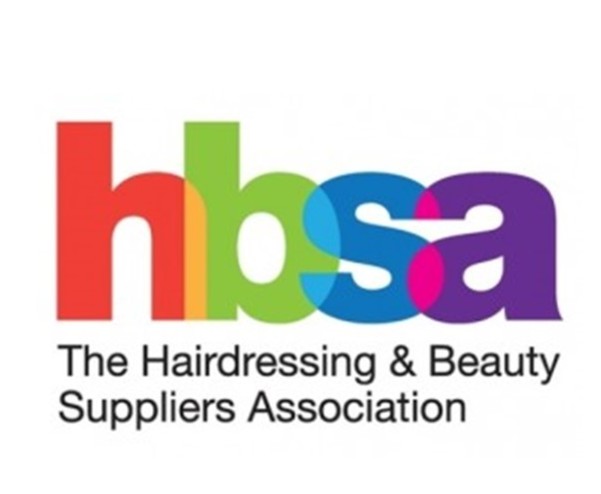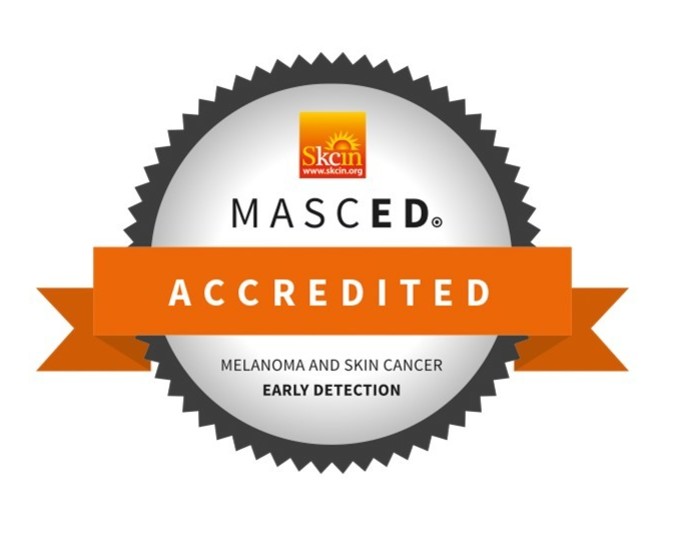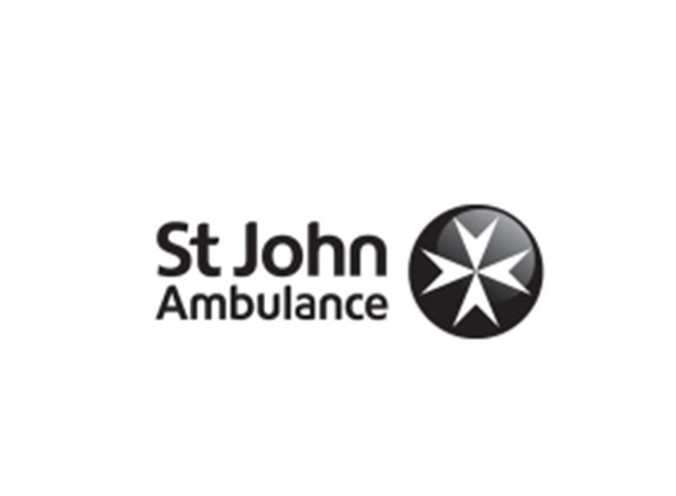HEALTH AND SAFETY REGULATIONS, ACTS AND LEGISLATION
Health & Safety at Work Act 1974
This Act compels employers to provide work that is safe, and a safe working environment.
Employees have a responsibility to take care of their own health and safety and those affected by their actions, and to co-operate with employers in their legal obligations.
The Act requires employers to undertake risk assessment and to manage their work place and to act on identified problems.
This Act gives powers to the Health and Safety Commission and the Health and Safety Executive. Employees who work away from their employer's premises are covered by this Act.
COSHH, Control of Substances Hazardous to Health Regulations 1999
Employers are required to assess the risk from hazardous substances and take appropriate measures. This Act requires that all hazardous substances have a risk assessment carried out on them. The finding must be recorded and, where possible, should be replaced with a
substance less hazardous.
All hazardous substances should be stored, handled, used and disposed of according to manufacturer's instructions, local bye laws and work place policies, in line with current legislation.
PPE, Personal Protective Equipment at Work Regulations 1992
Employers have a responsibility to provide employees with appropriate personal protective equipment. This covers both equipment and protective clothing. This also states that all employees must have appropriate training in the use of equipment.
GDPR 2018 (General Data Protection Regulation) previously known as the Data Protection Act
You should be aware of the personal data you collect and the responsibilities it entails. As a therapist you collect your customer’s personal data which includes their name, address, telephone number, date of birth and treatment plan. This information now has to be kept safe and secure, as well as telling your customers why you need the information, how you are going to store it (electronically/written) and how you are going to use their information whether for marketing purposes to be able to write to them with promotions for your treatments or to keep hold of their information to refer back to once they come back for additional services by you.
If you are going to share their information with another company/person they have the rights to know who they are and why you are giving them their information. The customer will have the right for you to not keep their personal data and information about them and you should be able to remove any electronic data you have on them or dispose of any written personal data you have on them.
Information you have on your customers should be locked away, if stored electronically you should ensure your computer is password protected and your antivirus up to date.
RIDDOR, Reporting of Injuries, Diseases and Dangerous Occurrences Regulation 1995
If anyone dies or is seriously injured at work or is absent from work for more than three days connected with an injury or occupational disease that is certified by a doctor then the employer must send a report to the local authority Environmental Health Department.
Accident books should be kept in addition to record all accidents in the workplace, no matter how minor. The information should be detailed, signed and dated by all concerned.
Environmental Protection Act 1990, Waste Regulations 1992 & Special Waste Regulations 1996
Clinical waste (waste containing human tissue, blood or other bodily fluids, dressings and needles) must be kept apart from general waste and be disposed of to a licensed incineration or landfill site by a licensed company.
Employers Liability (compulsory insurance) Act 1969
Employers have a responsibility to take out and maintain approved employers' liability
insurance, for any harm or damage caused to the employees, and third party risk against
damage to any members of the public.
Trade Descriptions Act 1968 (amended 1987)
This prohibits the use of false trade descriptions.
Local Government (local authority bye-laws, miscellaneous provisions) Act 1984
Local authorities may have their own requirements with regard to licensing of beauty therapists/nail technicians. Information is available from your local authority normally through the Environmental Health Officer.
Performing rights
If recorded music is being played it may be necessary to have a licence for Phonographic Performance LTD (PPL).
Electricity at Work Regulations
All electrical equipment should be used correctly. All staff using an appliance must have recorded training on the use of the appliance. At every use the operator should carry out a visual check on the appliance.
All electrical appliances are subject to annual inspections- Portable Appliance Testing (PAT) - by a qualified person.















